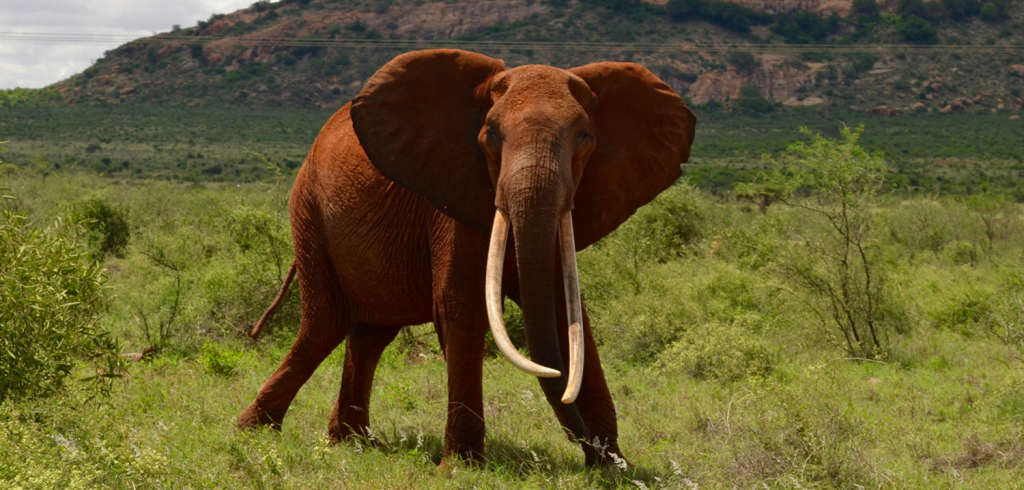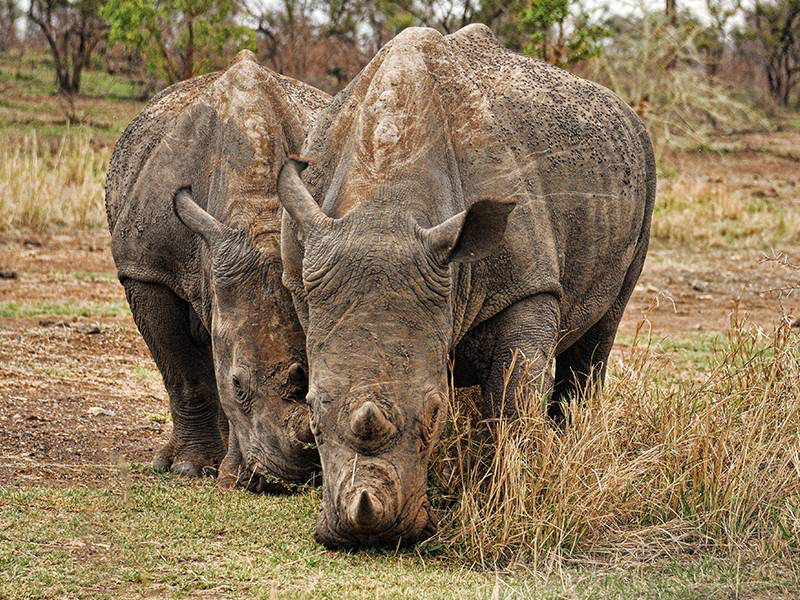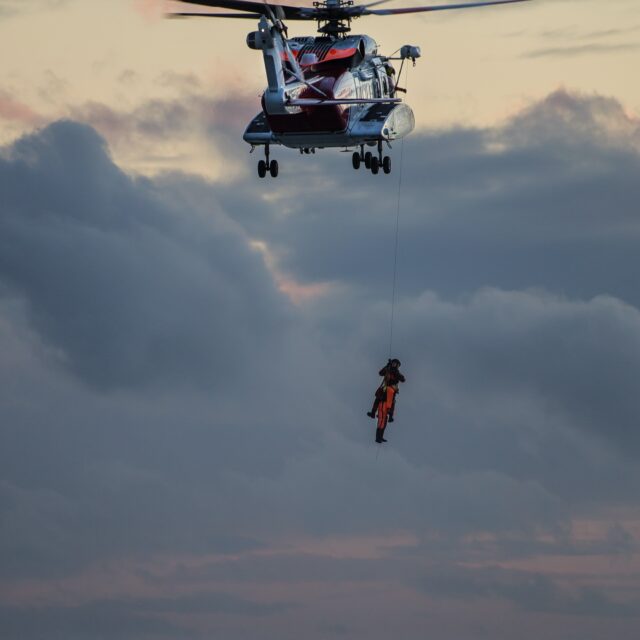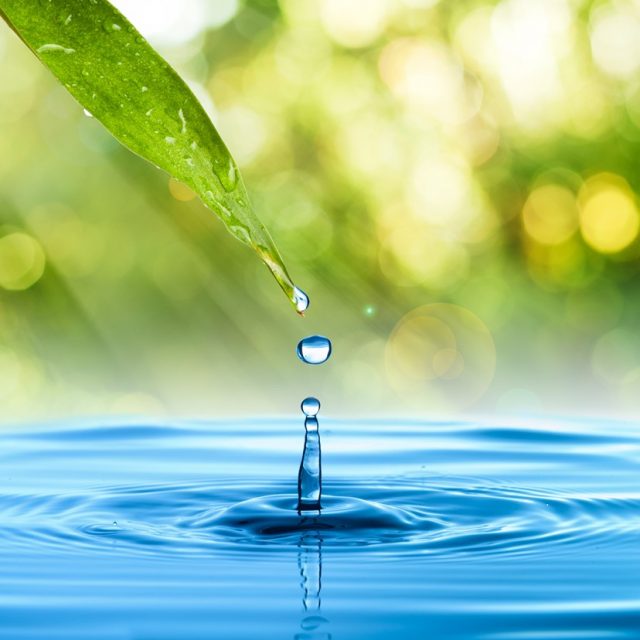by Staci McLennan
Director of IFAW’s EU office.
This month the International Fund for Animal Welfare (IFAW) is celebrating its 50th anniversary and half a century of work helping animals, people and the planet.
It all started when a small group of people got together to stop Canada’s cruel commercial seal hunt. Fourteen years later, the effort paid off with the 1983 European ban on whitecoat harp seal products, ultimately saving more than 1 million seal pups.
Throughout the years, we have combined our expertise from-field work with advocacy efforts to tackle an increasing number of issues, including those threatening our own species.
Today, one of our main programs is the fight against wildlife crime, which is the fourth largest illegal global trade after drugs, counterfeiting and human trafficking, worth an estimated 8 to 20 billion Euros annually.
IFAW works on the frontlines around the globe to continue protecting animals. To defeat the illegal networks that threaten the survival of these animals, we create our own network by collaborating with local communities and park rangers to prevent poaching where it happens.
In addition to our public advocacy, we liaise with companies to disrupt the trafficking networks, to prevent illegal wildlife products from being sold in their stores or online, and to raise awareness with potential consumers to reduce demand for threatened species.
As the European Union (EU) is not only a top destination and transit point for illegal wildlife items, but also an important source region, IFAW actively campaigns for better regulations that tackle the issue. We championed the EU Action Plan against Wildlife Trafficking, which was released by the European Commission in 2016 and aims at reducing wildlife crime.

To help save elephants, we initiated a campaign to close the ivory trade from and within the EU. At least 20,000 elephants are killed every year for their ivory, and their numbers have declined by a shocking 70 percent since the 1970s, primarily because of poaching. Since elephant poaching and ivory trafficking will not stop until legal domestic markets are closed, IFAW supports clear and strict legislation, with limited exemptions, that would simply make ivory trade illegal.
These different challenges take time and work by all of us, and the situation is urgent as the latest report from the Intergovernmental Science-Policy Platform on Biodiversity and Ecosystem Services (IPBES) warns that over a million plant and animal species are on the brink of extinction.
By rescuing, rehabilitating and releasing animals, one by one, and by protecting their habitats and helping them flourish, we can save other species. And our own. Let’s get to work.
The Author, Staci McLennan, is Director of IFAW’s EU office.




